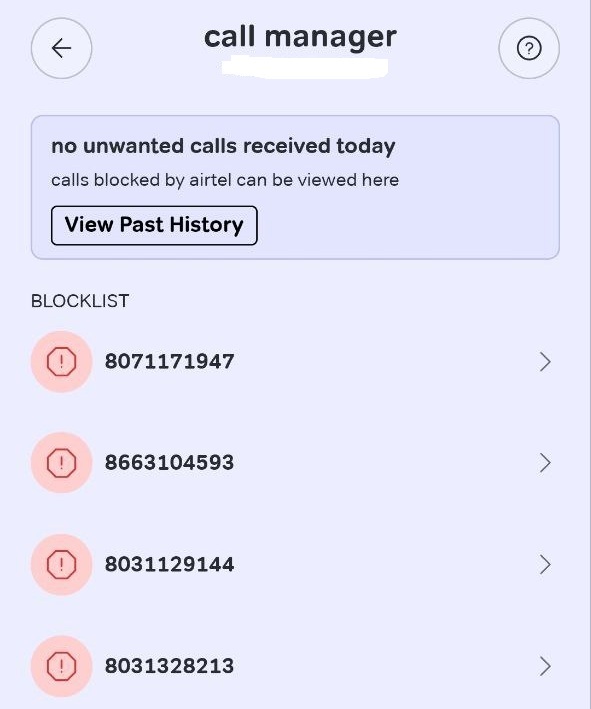We’ve all been there, right? Your phone rings, you pick it up, and it’s another unwanted telemarketing call about a loan you don’t need or a credit card you never asked for. Or your SMS inbox is overflowing with promotional messages you never consented to receive. It’s frustrating, intrusive, and honestly, a bit creepy how some businesses get your number.
For years, many businesses have claimed to have our “consent” for these calls and messages, often citing some obscure terms and conditions or an offline form we vaguely remember signing. But the truth is, this “consent” has been largely unverifiable, making it a playground for spammers and even fraudsters.

The Problem: When “Consent” Isn’t Really Consent
Under India’s existing rules (the TCCCPR, 2018), businesses can contact you even if you’re on the Do Not Disturb (DND) list, provided they have your explicit consent. Sounds fair, in theory. The problem arises when this consent is collected through means that are anything but transparent – think fine print, misleading checkboxes, or even unauthorized data sharing. It’s a Wild West scenario where proving whether you truly agreed to receive those calls becomes almost impossible. This has led to:
- A deluge of unwanted calls and SMS: Our personal space is constantly invaded.
- Difficulty in verifying consent: TRAI (Telecom Regulatory Authority of India) and consumers have struggled to confirm if consent was genuinely given.
- Increased risk of fraud: Scammers often hide behind the guise of “commercial communication,” leading to financial frauds.
TRAI’s Bold New Move: Digital Consent is the Future!
But here’s some exciting news that could change the game for good! TRAI has launched a groundbreaking Pilot Project for Digital Consent Management, in close coordination with the Reserve Bank of India (RBI) and several major banks (including SBI, PNB, ICICI, HDFC, Axis Bank, Canara Bank, and Kotak Mahindra Bank).
This isn’t just another small change; it’s a fundamental shift towards a more transparent and accountable system. The core idea is simple: all consent for commercial communications will now need to be acquired digitally and registered in a secure, verifiable registry managed by your telecom service providers (TSPs).
Why the Banking Sector First?
You might be wondering, “Why banks?” It’s a smart strategic move. The banking sector was prioritized for this pilot project because:
- High Volume of Communication: Banks send a huge number of transactional and promotional messages.
- Sensitivity of Transactions: Financial frauds through spam calls are a serious concern. By tackling this sector first, TRAI and RBI are directly addressing a major vulnerability for consumers.
- Regulatory Sandbox: This pilot is running under a “Regulatory Sandbox” framework. Think of it as a controlled testing environment where they can fine-tune the system’s operational, technical, and regulatory aspects before rolling it out nationwide.
What Does This Mean for YOU, the Consumer?
This pilot project promises a future where you have much more control over who contacts you and why:
- Verifiable Consent: Businesses will no longer be able to make vague claims of consent. Your consent will be digitally recorded, making it easy to confirm its validity.
- Easy Review and Revocation: The new system is designed to allow you to easily register, review, and revoke your consents through a simple, unified, and tamper-proof interface. Imagine being able to see all your active consents in one place and withdrawing them with a click!
- Reduced Spam and Fraud: With legitimate consent being the only gateway, the volume of unwanted calls and messages should significantly decrease, protecting you from both nuisance and potential financial scams.
- Enhanced Trust: This move aims to rebuild trust between consumers and businesses, ensuring that commercial communications are truly legitimate and welcome.
- New Numbering Series: The RBI has also mandated that banks use specific numbering series (like 1600-series for transactional calls and 140xx series for promotional calls) to help you easily identify legitimate calls from banks versus potential scam attempts.
The Road Ahead
This pilot, which will run for three months, is a critical step. Once validated, this digital consent management framework will be scaled across other vital sectors like e-commerce, insurance, and real estate. TRAI is also working with agencies like the Indian Cyber Crime Coordination Centre (I4C) for real-time sharing of fraud data to enable swift action against fraudsters.
It’s clear that India is moving towards a more secure, transparent, and consumer-centric digital ecosystem. This initiative is a beacon of hope for anyone tired of constant spam, promising a future where your phone is truly yours again.
What are your thoughts on this new initiative? Are you excited about the possibility of less spam? Share your comments below!